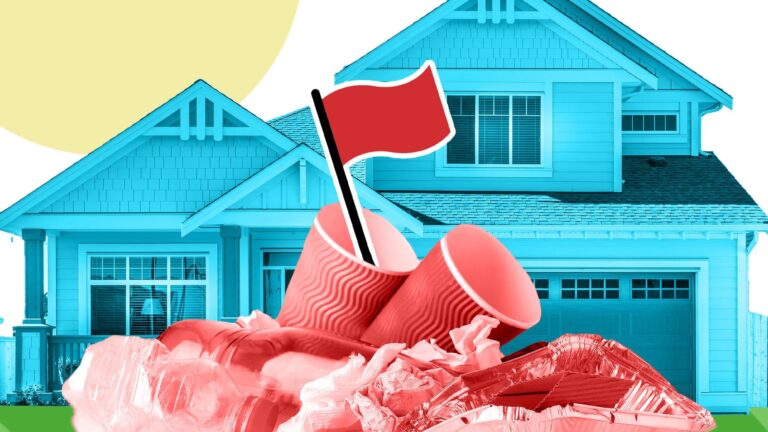By Lindsay Crudele, The Boston Globe When the neighbors moved in next door, they were “nice — at first,” a former Rhode Island resident told the Globe. But when he put the house where he’d lived since 2003 up for sale while planning to move the family to Massachusetts, everything changed. One of those neighbors became “openly hostile,” he said, dumping trash in his yard and on the sidewalk and flipping cigarettes toward the house.
And when realtors showed up with prospective buyers, he said, the neighbors made signs disparaging the neighborhood, painting the sidewalk and shared driveway with violent slogans, and yelling at them through a megaphone. “The stress was so bad I could feel it physically,” said the homeowner, who requested anonymity due to the nature of the harassment that ensued. It doesn’t take a megaphone to send a message, and litter, whether intentionally strewn or haphazardly distributed, can broadcast feelings about community care.

The city of Boston has issued 23,894 citations for trash and litter-related categories so far this year, according to , and closed 2023 handing out just short of 56,000. But does littering really affect home values? According to a 2020 by , “Large majorities of US residents (75 percent to 97 percent) recognize that litter negatively affects the environment, waterways, property taxes, home values, tourism and businesses, quality of life, and health and safety in their communities.” But while it can have a big i.
















